Jackson_state
TPF Noob!
- Joined
- Jan 23, 2015
- Messages
- 1
- Reaction score
- 0
Not sure if this is something that can, or can't be done but I've got a handful of lenses for a 35mm camera and would like to know if they could be used on a dLRS.
My grandfather was a semi-professional photographer and I have seven lenses that fit his Nikon N90s camera. I borrowed a friends Canon EOS Rebel T2i with the hopes of getting into digital photography since I've got a ton of equipment. I know the lenses won't fit directly but is there something I can buy to adapt them to a dLSR?
My grandfather was a semi-professional photographer and I have seven lenses that fit his Nikon N90s camera. I borrowed a friends Canon EOS Rebel T2i with the hopes of getting into digital photography since I've got a ton of equipment. I know the lenses won't fit directly but is there something I can buy to adapt them to a dLSR?



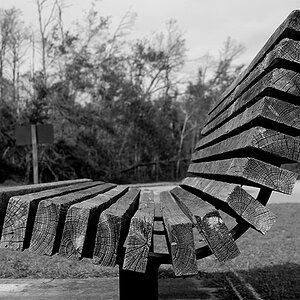
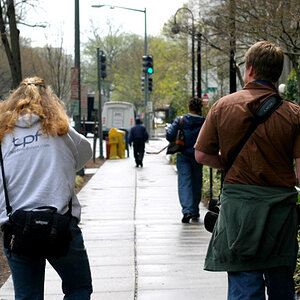
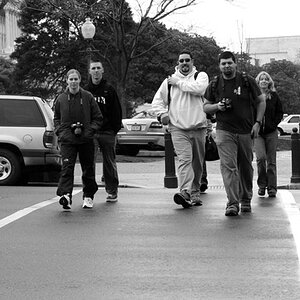
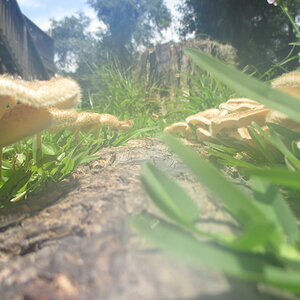
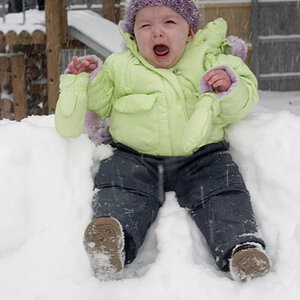
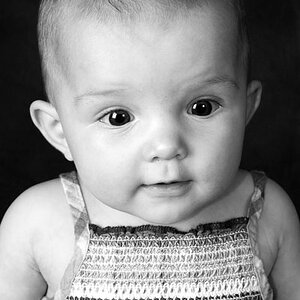
![[No title]](/data/xfmg/thumbnail/41/41906-b9041eb5a3fa48eb5d5084ac2198a75c.jpg?1619739940)
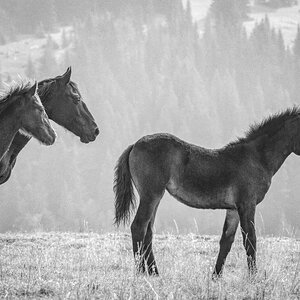
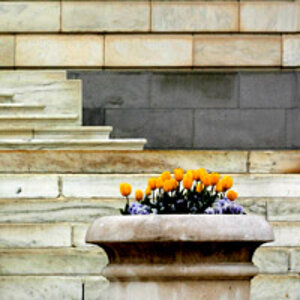

![[No title]](/data/xfmg/thumbnail/32/32176-48b4ba2fc0e35afa267c5882154e7620.jpg?1619735235)